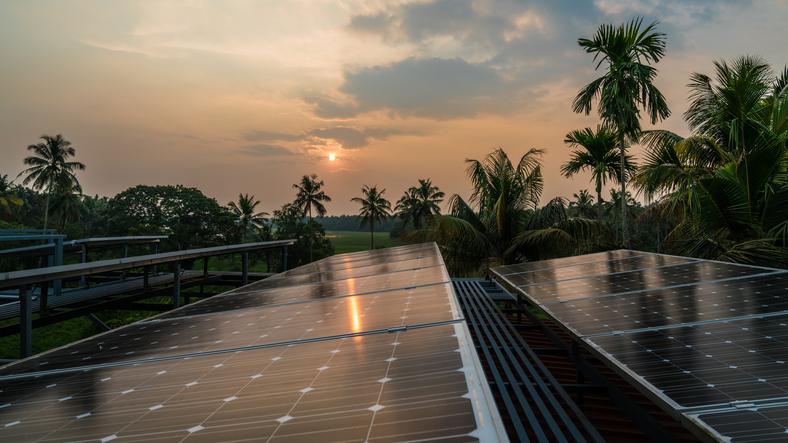
Despite significant efforts, access to electricity remains inadequate across Sub-Saharan Africa and India. Of the over 1,27 billion people living in Sub-Saharan Africa in 2016, roughly 65% did not have access to electricity. India has made considerable strides in village-level electrification, with 96% of all villages now electrified. Yet 51 million Indian households (244 million people) still lack access to electricity today.
Lack of electricity has severe economic impacts: the costs of power outages can easily reach 1–2% of GDP.2 At the local level, studies show that schools without electricity have poorer staff retention and educational outcomes than those with and that electrification has positive effects on household incomes.3 At the macrolevel, connectivity, healthcare, agriculture, and smallbusiness development are just a few of the sectors that depend on a reliable energy supply. African firms report losing 5% of their sales because of frequent power outage; that figure rises to 20% for informal firms unable to afford backup generation.
Given the importance of electricity to economic and social development, many countries have announced ambitious electrification goals – yet challenges remain. For example, India and Nigeria plan to reach universal electrification by 2019 and 2030, respectively. However, these goals rarely align with financial, political, and institutional reality on the ground. Numerous challenges persist, including: insufficient power generation, poor transmission infrastructure, last-mile distribution challenges, affordability of power, and inadequate and inappropriate sector funding. Achieving universal
access will therefore require coordinated efforts by the development community, government, and the private sector.
Governments globally realize the social and economic benefits of providing reliable and affordable power to their citizens and businesses. Over the past few years, many countries have announced ambitious electrification goals: India and Nigeria plan to reach universal electrification by 2019 and 2030 respectively. However, a new study authored by Dalberg shows that these goals are challenged by the financial, political, and institutional reality on the ground.
The study detailing the challenges – and opportunities – the governments of India, Nigeria, Senegal, and Uganda face as they seek to increase access to electricity through off-grid energy solutions.
Off-grid technology has emerged as important avenue for improving access to electricity over the past decade. Although off-grid energy solutions are being supported by the governments of all four countries, key policy gaps and challenges are impeding the rapid growth of the sector. The study found that despite the differences between the countries, policy-makers share common concerns around off-grid energy. These four concerns must be addressed to unlock the full potential of the sector:
1. Understanding the economics and viability of off-grid energy solutions
2. Politics and challenges between state and local level policy implementation
3. Capacity constraints within the government
4. Access to requisite data for planning
Drawing on extensive interviews with senior policy-makers, project developers, donors, academics, financiers, and civil society organizations, the report provides a comprehensive overview of the energy sector in India, Nigeria, Senegal, and Uganda.
The study, “Improving Access to Energy Through Decentralized Renewable Energy”, provides in-depth country briefs which summarize key policy trends, explore the impact of current policies, and highlight promising initiatives. The analysis outlines a series of opportunities to engage and support policymakers to further expand access to electricity.
File Name: Improving access to electricity
